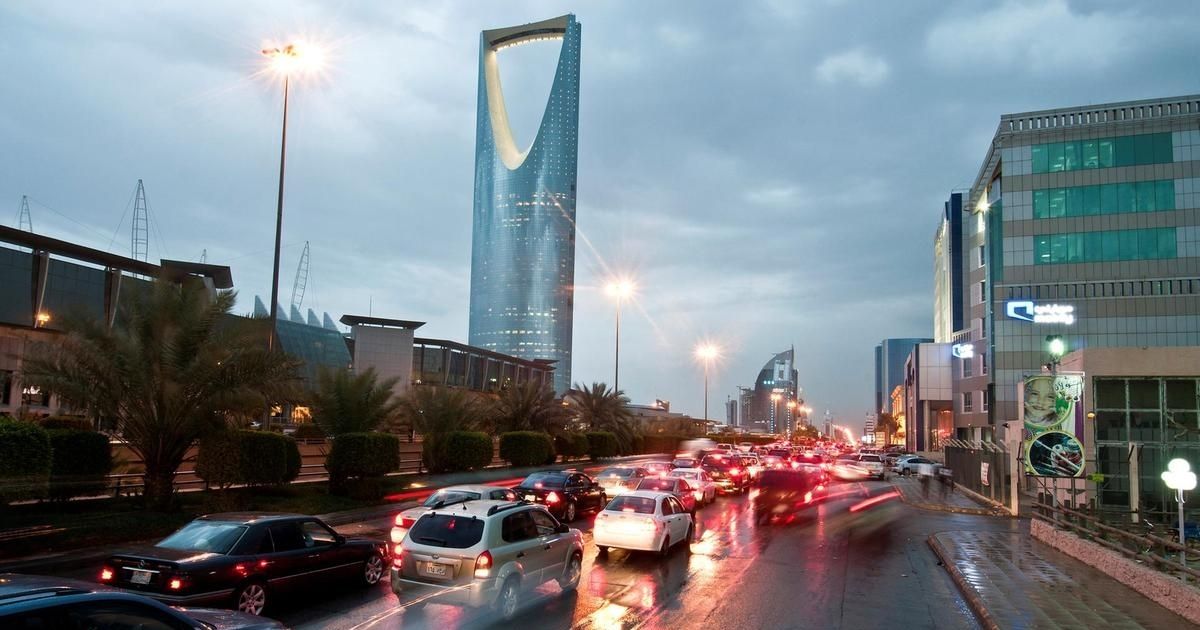There’s something undeniably seductive about the image of expat privileges life: ocean views, fresh cuisine, lower living costs, and the freedom to design a life on your own terms. Whether it’s the digital nomad sipping espresso in Medellín or the retiree basking in the Tuscan sun, the idea of leaving home to find a better life elsewhere has become a cultural ideal.
But beneath the surface of this “paradise” lies a more complicated truth. To be an expat is, for many, to be wrapped in a soft layer of unacknowledged privilege—one that cushions their experience abroad while others struggle to survive or migrate under very different terms.
So what does it really mean to live a life of privilege in paradise? Let’s take a closer look.
A Tale of Two Migrants
Let’s start with language.
Why is it that a Brit who moves to Thailand is called an “expat,” but a Filipino working in the UK is labeled a “migrant”? Why does one word suggest lifestyle and adventure, while the other evokes struggle or necessity?
The answer lies in race, class, and power. Expat status is often reserved—consciously or not—for Western, white, and wealthier foreigners. The terms we use reflect who is seen as a welcome guest, and who is seen as an outsider.
This double standard is the foundation of privilege in expat life. It’s not just about what you do—it’s about how you’re perceived doing it.
The Freedom to Choose (and Leave)
Another layer of privilege lies in choice.
Many expats move not because they must—but because they can. They seek lifestyle upgrades, new scenery, or professional opportunities. And if things don’t work out? Most can leave and return home without serious consequences.
Contrast that with the experience of refugees, asylum seekers, or economic migrants, for whom crossing a border may be the last, most dangerous option. They often face restrictive immigration systems, language barriers, and social stigma—without the safety net many expats enjoy.
To move freely, to fail safely, and to leave when it gets hard—that’s not a universal right. It’s a luxury.
Economic Upside, Local Impact
“Living better for less” is one of the biggest selling points of the expat lifestyle. And in many places, it’s true. Foreigners earning in U.S. dollars or euros can often afford a quality of life far above the local average.
But here’s where it gets tricky.
-
When expats flood into popular cities, housing prices go up.
-
When demand for foreign goods grows, local businesses may be displaced.
-
When remote workers or retirees occupy desirable neighborhoods, longtime residents may be pushed out.
In short, paradise for some can become less livable for others. And while not all expats are wealthy, the systems in place often favor their success over that of locals or less privileged migrants.
Living in the Bubble
In many countries, expats have access to a parallel world—one made up of international schools, English-speaking clinics, imported groceries, and social clubs full of people from “back home.” This expat privileges can be comforting, but it can also be isolating—and, in some ways, divisive.
It allows expats to enjoy the benefits of a place without engaging fully in its reality. There’s no obligation to learn the language, understand the politics, or connect deeply with local communities. The bubble can insulate expats from discomfort—but it can also insulate them from growth.
True paradise isn’t just about ease. It’s about empathy, connection, and mutual respect.
Awareness, Not Apology
To recognize privilege in expat life isn’t to suggest that expats should feel guilty for living abroad. Many are kind, curious, and deeply appreciative of the countries that host them. But awareness matters.
Being conscious of the systems that support your mobility allows you to:
-
Engage more respectfully with local communities.
-
Challenge harmful dynamics, like gentrification or wage inequality.
-
Use your position to amplify local voices and advocate for equity.
Privilege is not something to be ashamed of—but it is something to be used wisely.
Final Thoughts: Paradise With Perspective
Being an expat often comes with beauty, freedom, and adventure—but it also comes with responsibility. Recognizing the invisible advantages that shape your experience abroad doesn’t ruin the dream—it deepens it. It allows you to live more fully and fairly, not just as a visitor in someone else’s home, but as a conscious participant in a shared world.
Because real paradise isn’t just what you take from a place—it’s what you give back.





